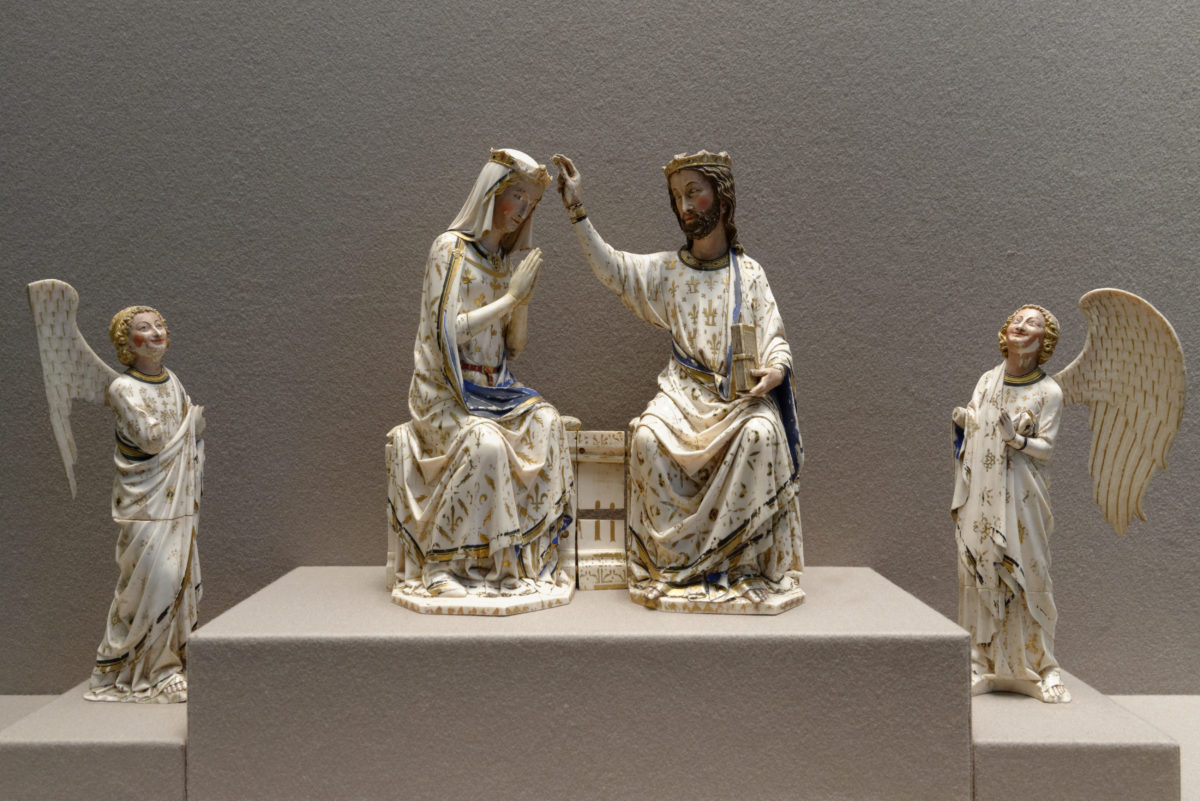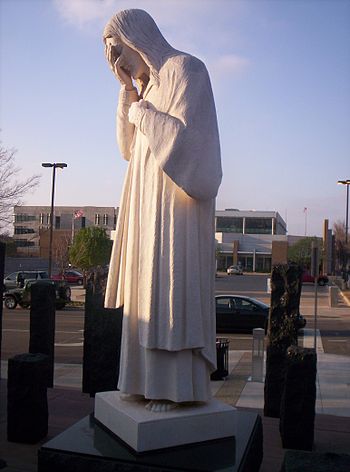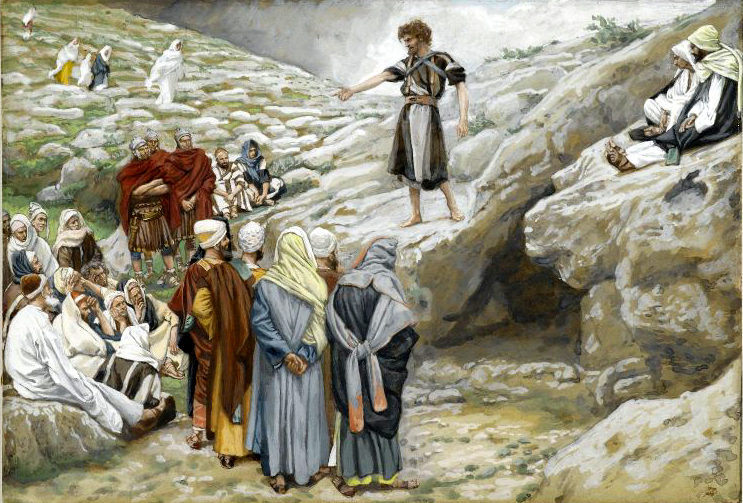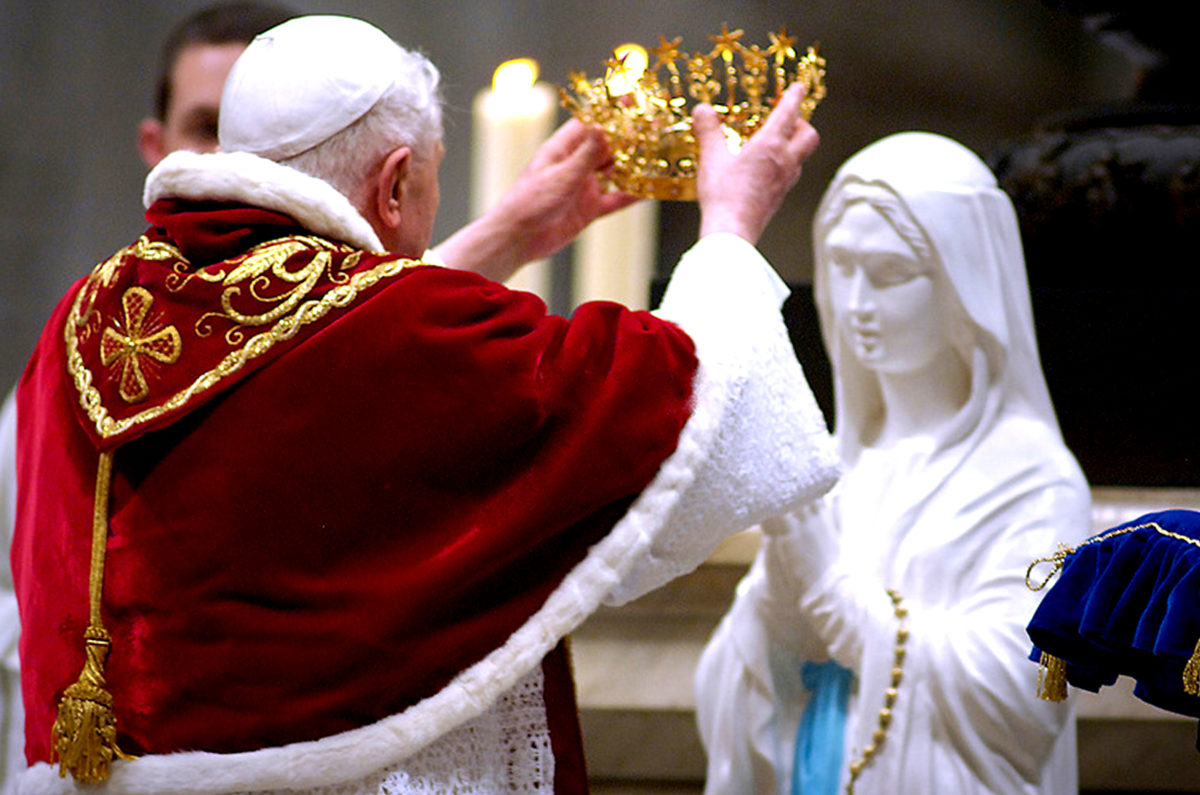Joy is an elusive feeling missing in many of our lives. Perhaps many of us are not joyful because we do not make finding it a priority. We tend think joy is something that just happens to some and not to others. But joy is something that requires our active participation in many small but often challenging ways. Joy starts within the home. Father Ed Broom wrote an article about 10 ways to vitalize the Catholic family which I think has a lot to do with finding joy. The TL;DR summary of a joyful family is:
- Family prayer
- The father as head of the family
- Forgiveness
- Saying “I’m sorry”
- Servant attitude
- Gratitude
- Take a break from gadgets
- Listen
- Celebrate
- Marian Consecration
When I look at these ten points as a whole, I get the idea that a vitalized family is a joyous family. It is one centered around building each other up, acknowledging when we mess up, forgiving, and moving on.
We all know the saying that money does not buy happiness. But that does not stop many of us from trying. I’m not just talking about extravagant or needless purchases either. We all want what’s best for our spouse and our children and often plunk down a lot of money trying to achieve that. We spend a lot for organized sports and activities, days out having fulfilling experiences, and nice family meals out. But all that stuff and activities can also drown out true quality time that produces joy.

True family happiness is not something that comes through a Disney cruise or Hawaiian vacation. It comes from much smaller but probably more costly actions. It means taking the time to listen to your kid stumble through a joke he heard at school. It means having some silly time with a toddler even when there is housework to be done. It means just stopping and asking how your kids’ day went. It means setting aside time to listen to your spouse talk about the day.
Life is busy. And we so often get bogged down in doing what is immediately necessary. We need to wake the kids up, we need to finish breakfast, we need to get to school, we need to drive to baseball practice, we need to get started on homework, we need to clean the house, we need to… And so our days become a checklist of tasks where the joy and happiness are jettisoned for the sake of efficiency. We may not even feel unhappy because everything runs so smoothly. But we miss out on that feeling of joy because we are so busy running our families like a business that we don’t take the time enjoying being a family.
Joy is an important aspect of the Catholic faith and yet is one that is too often forgotten. We forget about the joy amongst the talk of fasting, penance, sin, and dogma. What we fail to understand is that the rules, fasting, and penance make way for joy because they tear down our natural human resistance to God’s grace and pave the way to ultimate joy in His Kingdom of Heaven. You cannot experience joy with a soul burdened by sin. Like someone shedding weight and feeling better through intense exercise, we need to shed the weight of sin through prayer and fasting to truly feel that joy that God intends for us.
When I pray the First Glorious Mystery of the Rosary, Jesus’ Resurrection, I remember that the Catholic Church is first and foremost a joyful Church. Without Jesus’ resurrection, the Church would be based on little more than a philosophy of a man who lived thousands of years ago. But with the resurrection, we celebrate with Jesus who conquered death as He said He would to His disciples. Jesus is alive and present in our lives today helping us achieve that joy of having a close relationship with God our Father. His resurrection proved that our lives do not end with the challenges and suffering of this world. It does not end at all because He desires all of us to find true joy in His Heavenly Kingdom.

Circling back to the original topic of joy and family. We should all try to make our family life an imitation of the joy we desire for ourselves in Heaven. Maybe, if we give others in our family a small taste of joy, they will desire that true joy that God gives that much more. And while our family life may never replicate Heaven, I think we can all agree that a pale imitation of Heaven is much better than an imitation of Hell. If you are looking to spread joy in this world, start with the people who share your roof.



















































